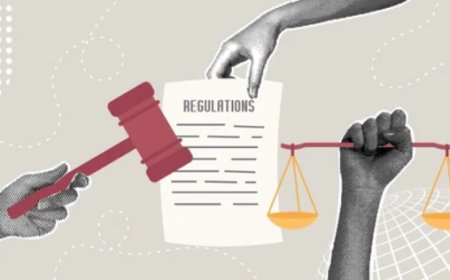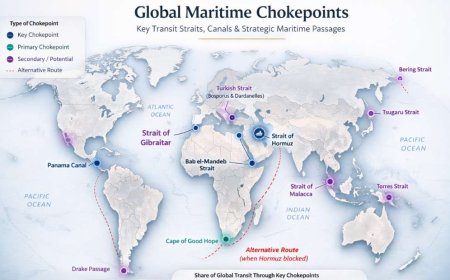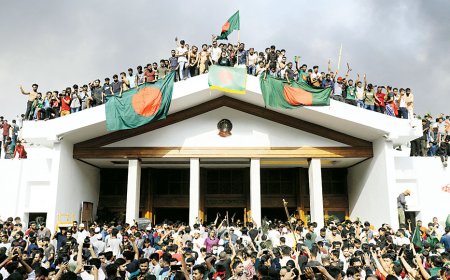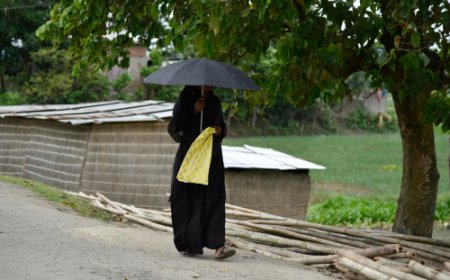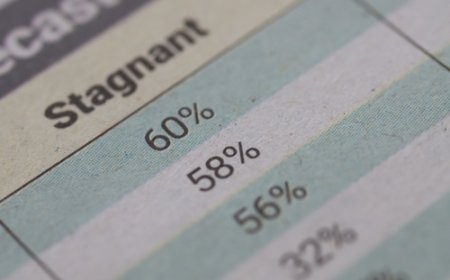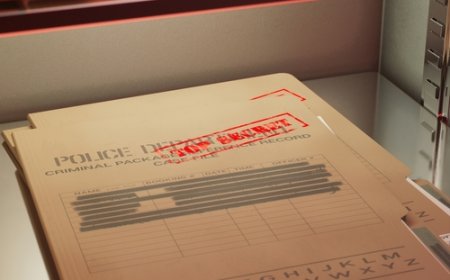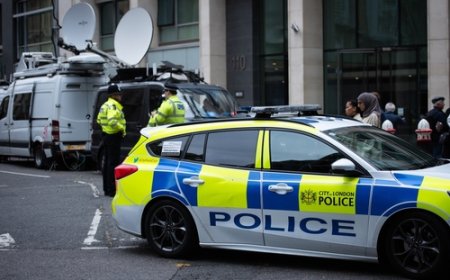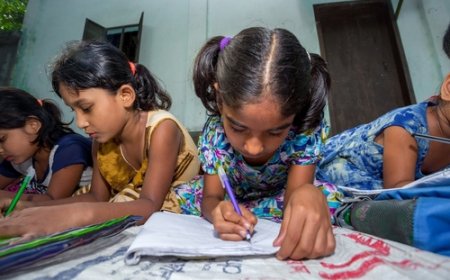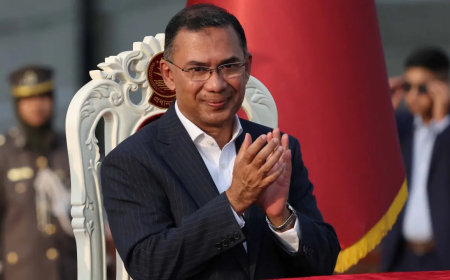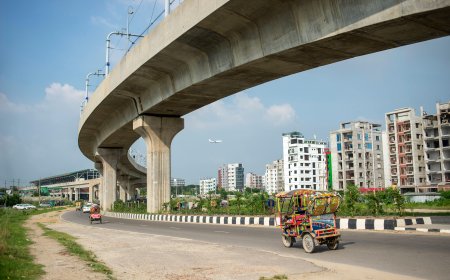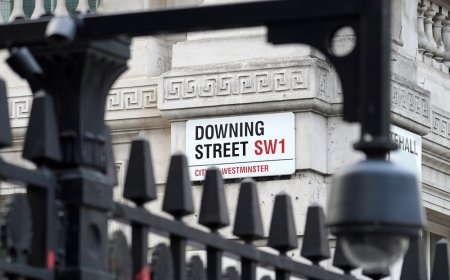Britain’s Rise Was Bengal’s Fall, But Now Bangladesh Can Rise Again
Britain’s industrial revolution was fueled by the plunder of Bengal. What we call progress in London was poverty in Dhaka. With Hasina gone, Bangladesh has a chance to reclaim its stolen future and build Bangladesh 2.0 -- democratic, innovative, and prosperous.
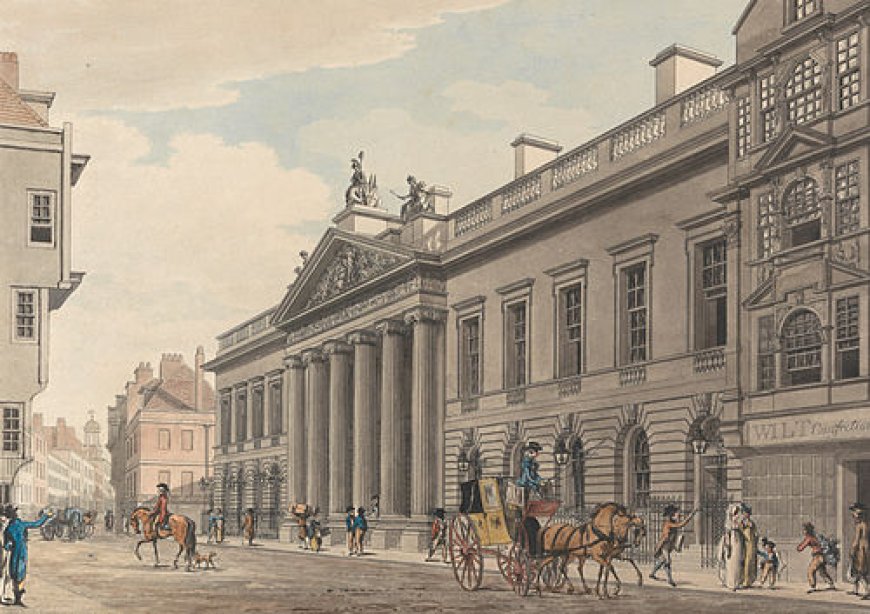
When we talk about the British Empire, the story is usually told as Britain’s rise to greatness: naval supremacy, industrial power, global finance. But look more closely, and a darker truth emerges. Britain did not just enrich itself. It reversed history.
In 1600, when Shakespeare was still writing, England was poor, peripheral, and fragile. Its towns were small, filthy, and diseased. It was a marginal kingdom on the edge of Europe, hardly a candidate for global leadership.
By contrast, Bengal, the fertile and densely populated delta of today’s Bangladesh and West Bengal, was the wealthiest region on the planet. European travellers called it “the paradise of nations.” Its weavers clothed the world, its scholars flourished, its ports drove global trade.
That balance was shattered after 1757, when Britain conquered Bengal. From that moment on, Bengal’s immense revenues and resources were drained away to finance Britain’s wars, ships, and factories. This was not just economic extraction. It was a civilizational inversion. Britain industrialized on the back of Bengal’s wealth, while Bengal was systematically deindustrialized, starved, and kept dependent. Famines followed, industries collapsed, and a region once at the peak of prosperity was deliberately pushed into poverty.
This is why conventional economic estimates, that Britain today would be 10 to 20 percent poorer without empire, miss the real point. Without Bengal, Britain’s Industrial Revolution would have been delayed or diminished. London might never have become a financial capital. The British Empire itself may never have existed. In a counterfactual world without the colonial drain, Britain today would likely resemble Portugal or Greece: a middling European power, not a G7 leader.
Meanwhile, Bengal’s trajectory would have been entirely different. With its early wealth reinvested locally, Bengal could have industrialized centuries earlier, built modern infrastructure, and compounded its growth. Today, Bangladesh, often dismissed as developing, might instead sit comfortably in the G7, with GDP per capita closer to Britain or France.
Empire then was not just about Britain’s enrichment. It was about the theft of Bengal’s future. What we celebrate as Britain’s rise was in fact Bengal’s fall. The Industrial Revolution was built not simply in Lancashire’s mills but on the stolen capital of Bengal’s looms.
The true cost of empire is not just in trillions drained but in the alternate world that never happened, a world where Britain remained marginal and Bengal led the modern age.
Yet history is not destiny. With Sheikh Hasina now gone, Bangladesh stands on the edge of a new dawn. For the first time in half a century, the people have a chance to write their own future without fear or repression. The question is whether Bangladesh will repeat the cycles of elite capture, or whether it will seize this moment to build a new republic on the foundations of freedom and fairness.
This is the promise of Bangladesh 2.0. A nation that no longer lives in the shadow of what was stolen, but instead reclaims its rightful place among the leaders of the world. The raw ingredients are already here: a young and determined population, a culture of resilience, and a history of courage that has defeated famine, dictatorship, and exploitation.
If Bangladesh can deliver genuine democratic governance, protect the rule of law, and put the people’s welfare above the interests of dynasties, it can unlock the same transformation we saw in South Korea and Malaysia. Within a generation, Bangladesh can move from being an exporter of cheap labor to an engine of innovation and industry, a country that not only feeds and clothes itself but powers global markets once again, just as Bengal once did centuries ago.
This is not fantasy. It is a choice. Britain’s rise was Bengal’s fall, but the empire is gone. The only empire left to build is one of our own making: an empire of knowledge, of industry, of dignity.
Bangladesh 2.0 means believing in ourselves. It means turning the story of loss into the story of rebirth. It means showing the world that the nation once called the paradise of nations can rise again, not through conquest or exploitation, but through democracy, unity, and the power of its people.
Toffael Rashid is a global marketing professional.
What's Your Reaction?







